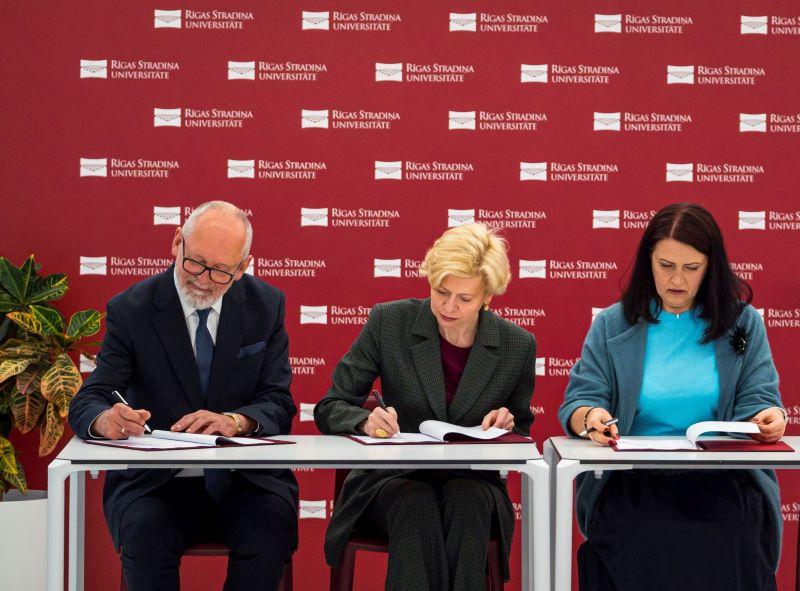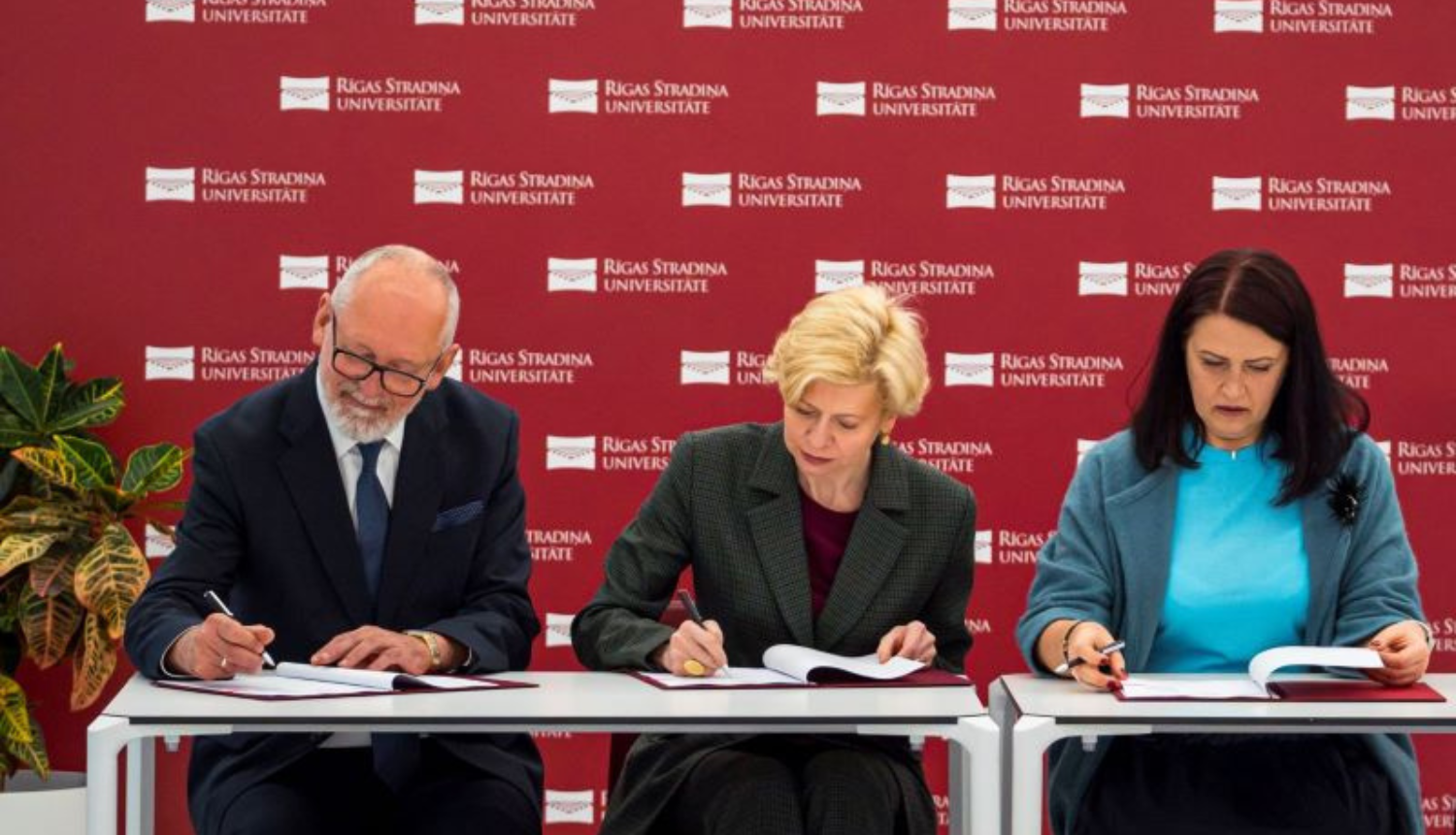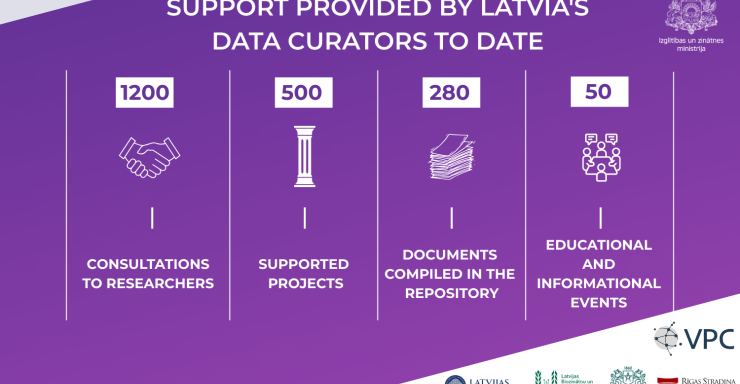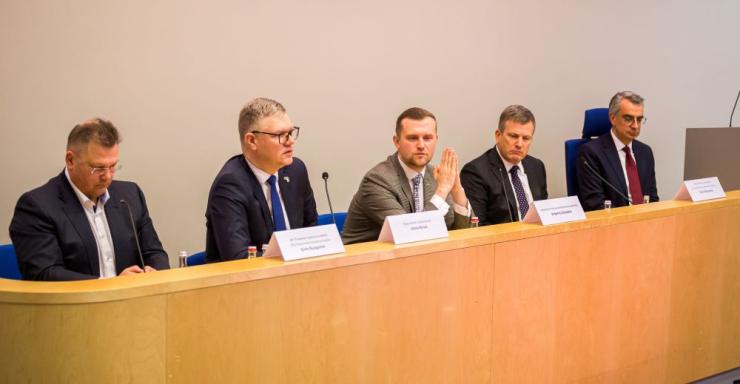Today, January 15, Rīga Stradiņš University (RSU), the Ministry of Education and Science, and the Ministry of Health signed an agreement to implement institutional funding. This initiative marks a significant step in modernizing Latvia's higher education system and achieving RSU's strategic goals by allowing more flexible budget planning and more efficient preparation of specialists needed by the economy.

The new funding model grants RSU autonomy in planning study placements while ensuring high-quality education and reducing student dropout rates. This approach enables the university to better adapt to labor market demands, fostering closer collaboration with industries and international universities.
Minister of Education and Science Anda Čakša stated: "The introduction of institutional funding is a significant step in targeted state policy aimed at strengthening our universities.
The purpose of the funding model is to encourage higher education institutions to focus on results, reduce bureaucracy, and create opportunities to attract broader financial contributions from employers for study costs."
RSU Rector Prof. Aigars Pētersons commented: "The institutional funding pilot project is a historic step in RSU's development, demonstrating the state's trust while placing a significant responsibility on us. This model allows us to strategically plan our activities, emphasizing the importance of higher education and research for the development of Latvia's economy and society.
RSU is ready for this challenge and sees it as an opportunity to further strengthen its position in the international academic environment."
During the pilot project, RSU will focus on several strategic tasks:
- Aligning study offerings and graduate preparation with the needs of the national economy.
- Strengthening quality control in education to reduce student dropout rates.
- Promoting lifelong learning and securing funding for the development of new programs.
- Preparing specialists in medicine, healthcare, public health, and other national priority sectors.
The pilot project results will be evaluated by the end of 2026 and will serve as the basis for implementing institutional funding across all state universities in Latvia.
About Institutional Funding
The institutional funding model developed by MES provides universities with greater autonomy and flexibility by allocating funding based on achieved results rather than the number of study placements. This model strengthens universities' focus on high-quality education, research, and industry needs, thereby fostering Latvia's economic growth and competitiveness.


